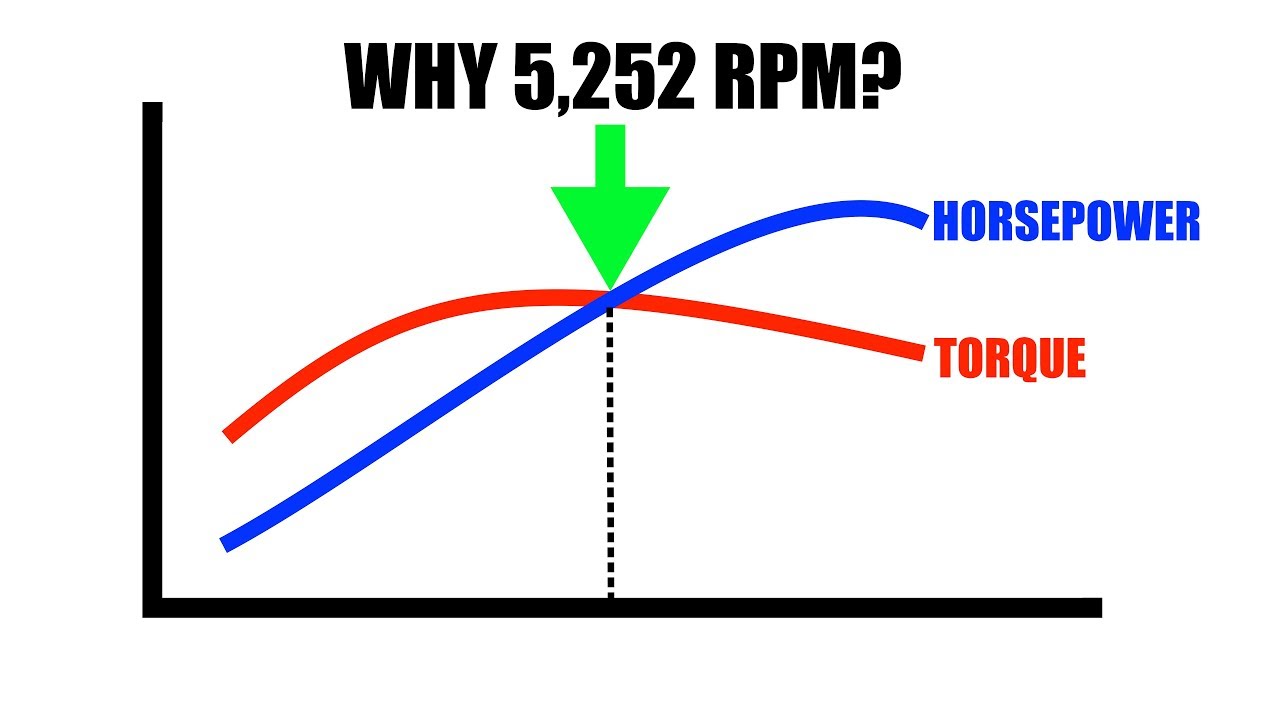What's the minimum engine horsepower that you'd be satisfied with on a 60" commercial mower?
I've littered the board with posts about buying a 2nd 60" mower - stander or ZTR.
I see a lot of machines with 23, & 25hp engines.
My current machine is a 29hp Kohler EFI, which is actually around 26.5hp under the new/current spec. Quite often, I want more horsepower. Especially when making turns, taking off, and/or starting up hills.
I find that I don't mind slowing down as much for heavier/taller grass. If I had more HP to power-through faster, I'd overwhelm the (eXmark) deck, and get a poor cut anyway.
What's the minimum engine HP you'd consider on a 60" mower. (Current rating spec which new machines abide by.)
I've littered the board with posts about buying a 2nd 60" mower - stander or ZTR.
I see a lot of machines with 23, & 25hp engines.
My current machine is a 29hp Kohler EFI, which is actually around 26.5hp under the new/current spec. Quite often, I want more horsepower. Especially when making turns, taking off, and/or starting up hills.
I find that I don't mind slowing down as much for heavier/taller grass. If I had more HP to power-through faster, I'd overwhelm the (eXmark) deck, and get a poor cut anyway.
What's the minimum engine HP you'd consider on a 60" mower. (Current rating spec which new machines abide by.)





